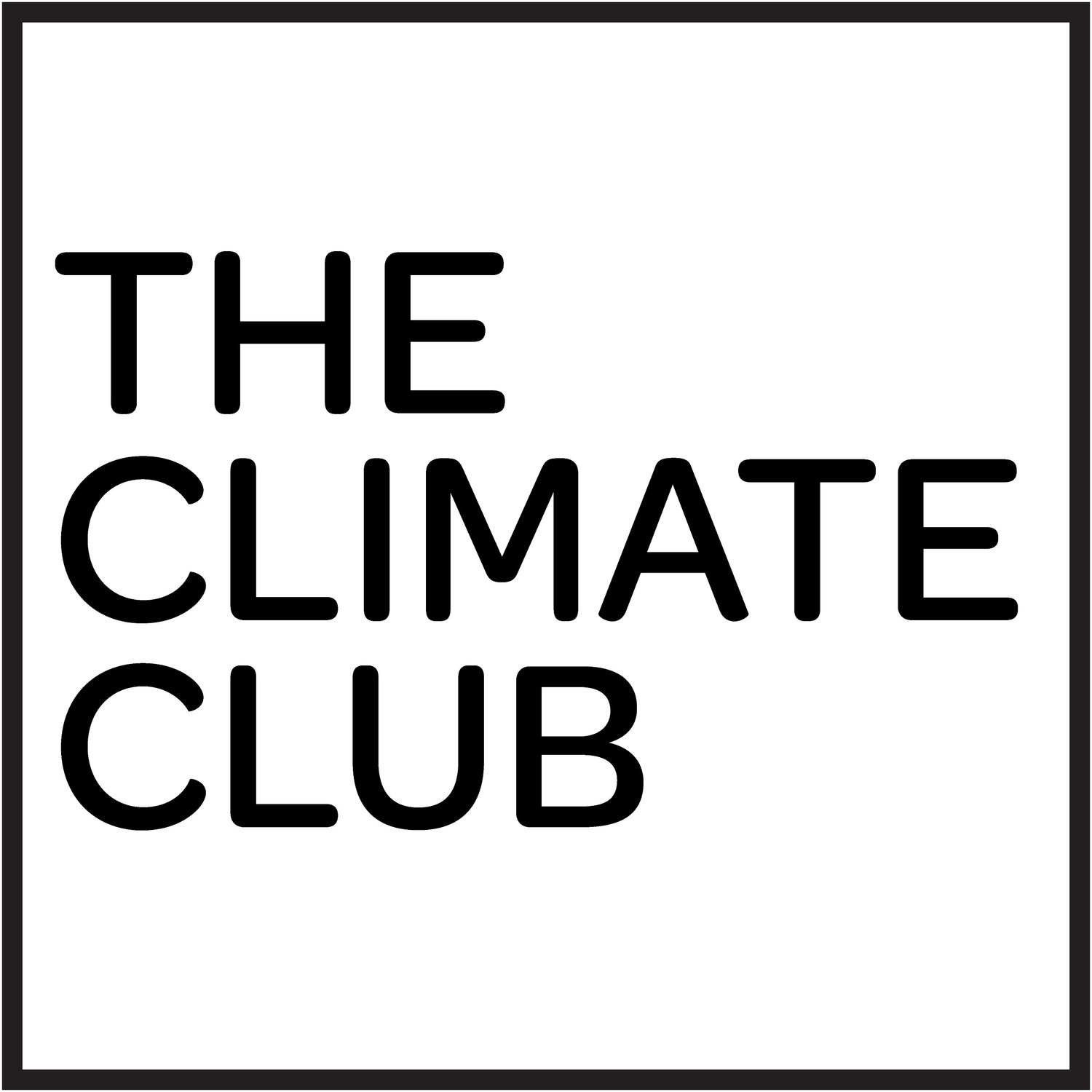Science Uncertainty in “Post-Pandemic” Times
Science Uncertainty
Communicating scientific uncertainty is difficult during a time when people demand answers instantly. With the rise of innovation and technology, the public expects transparency and quick, accurate information. This has been heightened by humanity going through a life-threatening pandemic. Unfortunately, and ironically, science is not an exact science.
COVID-19 put scientific information directly on the radar of the general public. Real-time analysis of the effectiveness of the government’s responses brought the unpredictable process of scientific investigation. According to a recent Canadian study, the general public is frustrated by the constant changes in public health guidelines. While specialists and journalists understand that scientific knowledge evolves and that the process is uncertain, the past few years have demonstrated that we need to shift our thinking about healthcare communication to a broader scale.
For example, the early mask mandates and social distancing protocols in 2020 resulted in confusion and skepticism. During unprecedented circumstances, scientists and health officials could only advise the general public on what they knew based on their best judgement. Later, in April of 2020, masks were recommended for all people in a public setting. However, former President Trump undermined the CDC message by stating that masking was voluntary and that he would not be wearing one.
To manage scientific uncertainty in settings where science-policy is changing, prompt and effective communication is required. Access to information about infection prevention standards must be clear, consistent, and accurate, according to public officials and public health professionals. When officials make errors in scientific analysis, they must hold themselves accountable and engage in communication course corrections to explicitly explain the shift.
The Royal Society Open Science recently published a piece called “Embracing pandemic uncertainty in science, society, and policy.” In this article, Dr. Colin Foad tries to understand the response to early lockdown protocols in 2020. He writes: “There was of course an understandable appeal for certainty at a time of great uncertainty, and this underpinned the creation of arguably improbable absolutist narratives (e.g., ‘follow the science’). But, as a scientist, this attempt to remove all uncertainty left me with a deep sense of unease.”
Dr. Foad asks us to trust the process by "embracing this inherent uncertainty, otherwise we risk losing our focus on the broader but less immediate societal damage done by public health interventions." The paper goes on to note that humility is required to create a space for open and honest public scientific discourse.
Uncertainty should be acknowledged rather than hidden. People should be encouraged to express their concerns about the consequences of their and the government’s actions. “Pretending science has simple answers that can solve any of our public health problems is almost certainly unwise.”

